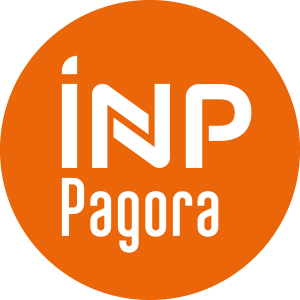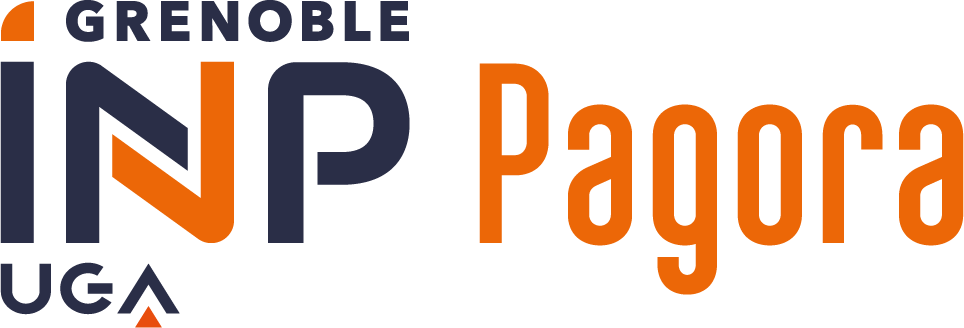Number of hours
- Lectures 6.0
- Projects -
- Tutorials -
- Internship -
- Laboratory works -
ECTS
ECTS 14.0
Goal(s)
Learning outcomes :
- To understand and know the calendering process (based on the thermophysical properties of lignocellulosic materials), in particular the main parameters of the thermoforming process
- To state what an industrial application is, and what calendered papers are (comparison Europe/North America) and the different types of calender (smooth, supercalender, soft calender), the different calendering processes, the main calendering parameters, the mechanics of calendering, the heat of calendering, the effect of calendering on the structure of coated papers and the effect of calendering on thickness variations
-
Content(s)
Necessary knowledge to understand the process of calendering and in particular the principal parameters allowing to apprehend the operation of thermalmolding.
Definition.
Industrial application
Calandered paper grade.
Comparaison Europe/North America.
The differents types of calander.
Machine calender.
Supercalender.
Soft calender.
Multinip calenders
Calender operating conditions.
Applying pressure in a nip.
Heat transfer in the nip.
Effect of calendering on paper structure and surface properties
"Thermophysical properties of lignocellulosic materials readings.
Accessibility for people with disabilities : please contact us for further information
Evaluation : Written exam (1.5h)
Resit : Written exam (1.5h)
Written work.
Catchable
The course exists in the following branches:
- Curriculum - Pagora Engineer - Student - Semester 9
- Curriculum - Pagora Engineer - Apprentice - Semester 9
Course ID : 5FMT1057
Course language(s): 
You can find this course among all other courses.
Environmental security
Rien de particulier concernant le déroulement du cours : salle de cours standard
Sécurité : RAS
Environnement : RAS
GREINER T.S. Calendering and supercalendering : a TAPPI Press anthology of published papers 1985-1993. Atlanta : TAPPI Press, 1994.
FRC Symposium (2001).
CHAUSSY D., GUERIN D.
“Le calandrage des papiers : procédés et équipements”
Edition des Techniques de l’Ingénieur – Génie mécanique
Vol BT3 – n°BM7410 – ISSN 1762-8768 - 29 pages – (2009)
CHAUSSY D., GUERIN D.
“Le calandrage des papiers : paramètres de calandrage et propriétés des papiers”
Edition des Techniques de l’Ingénieur – Génie mécanique
Vol BT3, n° BM7411 – ISSN 1762-8768 - 22 pages- (2009)



